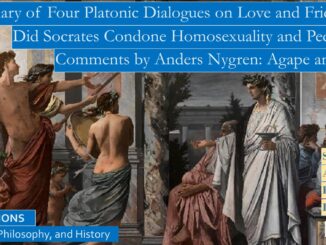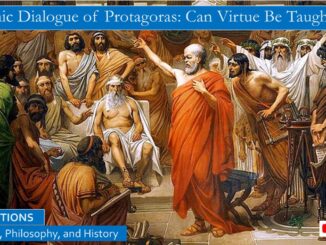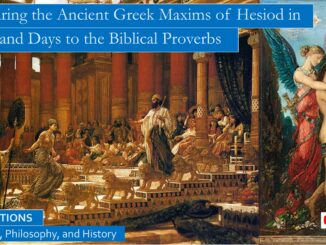
Modern Stoic Philosophers: My Favorite Maxims: Viktor Frankl, Nelson Mandela, and Others
Why don’t the Roman Stoics discuss justice as much as Plato? In the direct Radical Democracy of Athens, the citizens served on the juries and passed the laws, which meant that ordinary citizens participated in rendering justice. This is why Socrates sought to educate ordinary citizens on justice. But in the Roman Empire, the totalitarian Emperors and their servants were responsible for the administration of justice, the ordinary citizens no longer directly influenced the administration of justice. But that is not the case in modern America and most democracies, many ordinary citizens serve on juries and vote for many political officials, local and national. Justice should be our concern.
You can make a strong argument that Stoicism, like Judaism and Christianity, is founded on the two-fold Love of God and neighbor, that you should Love God with all your heart and all your soul and all your mind and all your strength and love your neighbor as yourself. Plus, we have the St Maximus the Confessor corollary, that we should be eager to forgive our neighbor. […]



